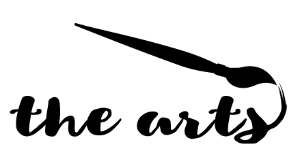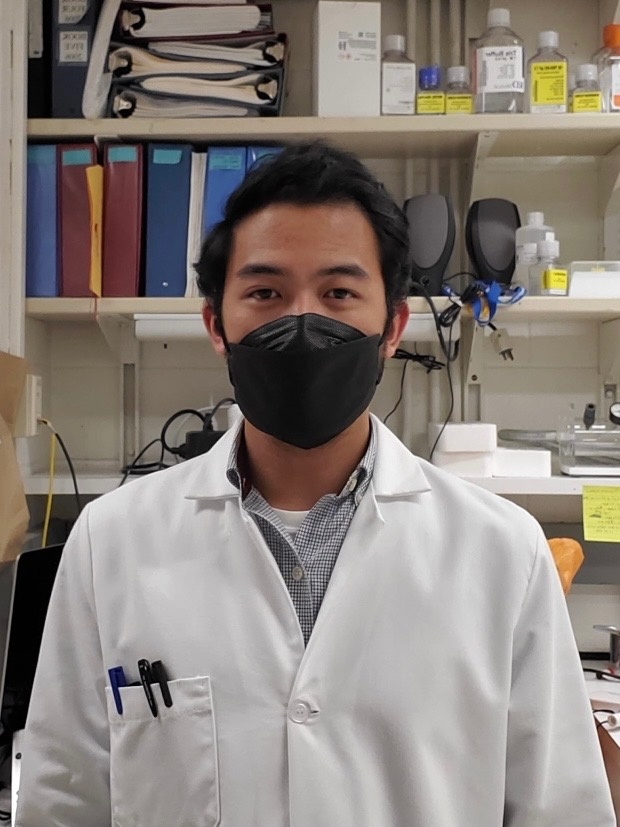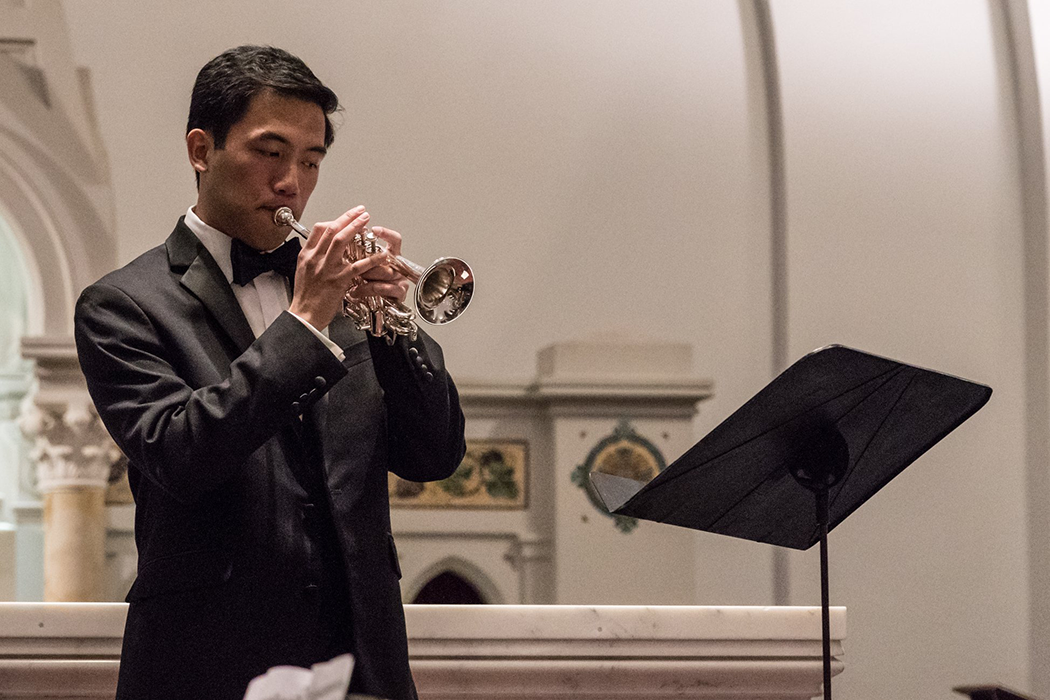
Music has been a constant part of my life. Growing up with a concert pianist as a mother, my lullabies were Chopin’s Études, Mozart’s arias, and Albeniz’s dances. My mom tried to teach me piano, but I was more interested in the trumpet after listening to Wynton Marsalis playing the trumpet fanfare “Abblasen” to open CBS Sunday Morning . I didn’t always love playing like I do now, but it became a large part of my life as I got involved with Saturday music programs.
Going into college, I knew that I wanted music to remain a large part of my experience, even if I did not major in music. Actually, I wasn’t sure what I wanted to study. I applied as a music major to some places, a history major to others, and a biology major to The Catholic University of America. One of the reasons I decided to attend the latter was because the program would help me grow as a musician and scientist.
During my first semester, I auditioned for various performing ensembles and started my first research experience in the Choy lab in the Department of Biology. Going from orchestra rehearsals to the lab sometimes felt like I was traveling between worlds populated by different people, but I found that creativity is important in both contexts. As a musician, you play the notes written on the sheet music. Sometimes there’s improvisation (think jazz or Baroque ornamentation), but most of what I’ve played has been performed thousands of times before. The creativity in those instances means different interpretations of the music (changing how you play the notes). Thinking outside the box can be important in science as well—for example when you must come up with an alternative explanation to test.

Paul Elizalde in the lab
Important motivations to pursue music or science include passion and perseverance. Without passion, one would not be able to persevere. Practicing difficult musical passages can be frustrating, especially when I can’t seem to get something the way I hear it in my head. When that happens, I have to learn to take things apart, identify the problem, and troubleshoot new ways I can practice. Life as a scientist is similar. Finding contamination in a culture, experiencing a lack of funding, and enduring rejections are demoralizing. It takes passion to persist—to summon perseverance and identify the source of contamination, submit another research proposal, or consider improvements to an application.
As a musician, I have learned the importance of being collegial through experiences in everything from playing duets with a friend to playing in orchestras. Every player is important, especially in smaller ensembles. When we play, we react to what others are playing. We don’t have to be best friends, but we should be professional. We must work through ideas about how to interpret the music and come to a consensus as a group, just like in the lab.
I am far from alone in my pursuit of both music and science. You might know scientists who play music, like Dr. Francis Collins, but there are also professional musicians who are scientists. Dr. Mark Almond, the associate principal horn in the San Francisco Symphony, is a physician with a PhD in immunology and virology. He is currently researching COVID-19 as a postdoc at University of California, San Francisco. There’s also Dr. Brian May, the lead guitarist of Queen, who happens to be an astrophysicist.
Music is more than just a hobby for me—it’s a passion. Music has taught me the importance of high standards, persistence, creativity, problem solving, and collaboration, all of which I apply in the lab. In continuing to play trumpet as a postbac, I engage with both science and music, which reinforce each other and enrich my ability to both understand and enjoy the world around me.

